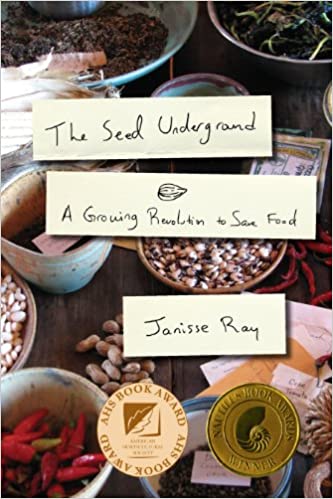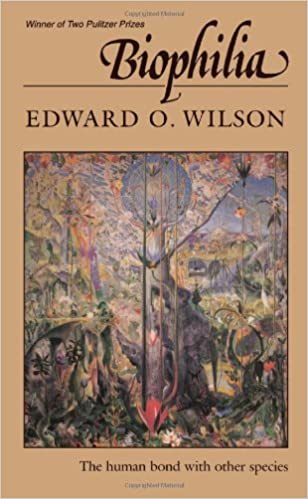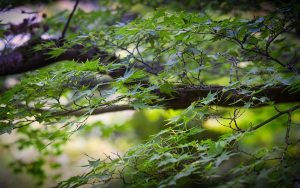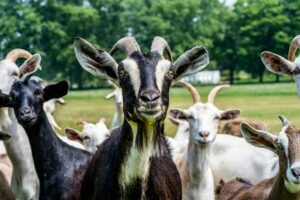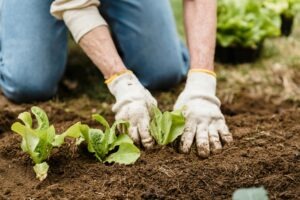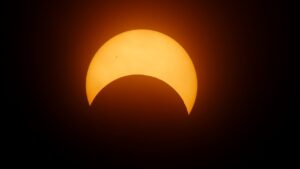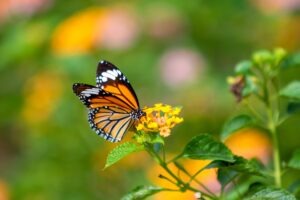| FWBG | BRIT Reads Book Club: The Seed Underground: A Growing Revolution to Save Food by Janisse Ray July 18, 12 – 1 pm FWBG | BRIT Reads Book Club: Biophilia by Edward O. Wilson August 22, 12 – 1 pm FWBG | BRIT Reads Book Club: Remarkable Creatures: A Novel by Tracy Chevalier Sept. 19, 12 – 1 pm |
If you love nature, love to read, and love to discuss reading about nature with like-minded companions, consider joining the FWBG | BRIT Book Club. You’ll find a community of readers who enjoy in-depth conversations about botany, biology, ecology and the natural world.
The Book Club has operated for more than six years, endured pandemic shut-downs by switching to Zoom and continues to meet both in-person and online. “It’s a great group that is passionate about learning, reading and understanding life on our planet,” says BRIT Librarian Ana Niño.
The hybrid meeting style took some adjustment, Niño says, but it’s become a way to support an in-person community while involving both readers concerned about health risks and those who might not be able to attend otherwise because of jobs or other obligations. “We have people who sign in over their lunch break,” says Niño.
The club selects books from member nominations made at the start of the year. The only requirement is that books be related to nature.
Club meetings are usually formatted as a discussion of the book of the month; sometimes members lead the conversation, sometimes staff at FWBG | BRIT with relevant experience. On occasion, authors have been available to talk to readers. For the June book club, author Matt White discussed his book Prairie Time: A Blackland Prairie Portrait. “It was a fantastic success—we had about 60 people attend,” says Niño.
In July, the club will discuss The Seed Underground: A Growing Revolution to Save Food by Janisse Ray. The book is an account of seed saving. The description reads: “At no time in our history have Americans been more obsessed with food. And yet, our food supply is profoundly at risk. Farmers and gardeners a century ago had five times the possibilities of what to plant than farmers and gardeners do today. In her latest work of literary nonfiction, award-winning author and activist Janisse Ray argues that if we are to secure the future of food, we first must understand where it all begins: the seed. The Seed Underground is a journey to the frontier of seed-saving. It is driven by stories, both the author’s own and those from people who are waging a lush and quiet revolution in thousands of gardens across America to preserve our traditional cornucopia of food by simply growing old varieties and eating them.“
Upcoming titles include Biophilia by Edward O. Wilson, a highly personal book by the renowned naturalist that makes an eloquent statement about the importance of conservation, and Remarkable Creatures: A Novel by Tracy Chevalier, a historical novel that follows the story of Mary Anning and Elizabeth Philpot, two extraordinary 19th-century fossil hunters who changed the scientific world forever.
The book club meets at noon on the third Monday of the month. (Meetings will move to every other month in 2023.) Join in person in the Oak Conference Room in the BRIT Building or via Zoom. You can find instructions on how to join online or by phone on the book club pages linked above.


